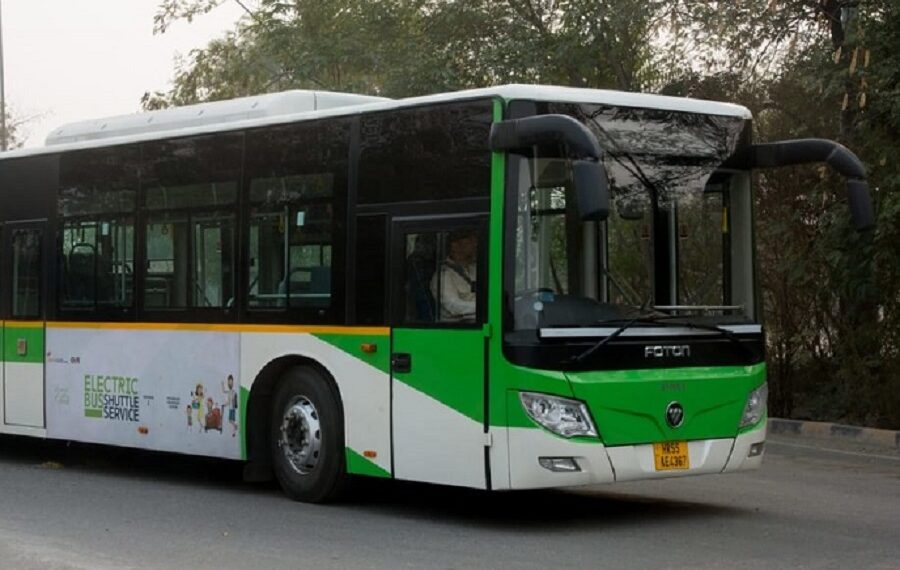GUWAHATI: Electric buses (e-buses) are poised to grace the streets of several Northeastern cities. In a move to promote eco-friendly mobility solutions, the Centre announced the “PM-eBus Sewa” scheme on August 16. This initiative is designed to amplify bus operations, particularly in cities that lack organised bus services and are with populations of 3 lakh and above.
Announced by Union Minister Anurag Thakur during a press meet in New Delhi, the initiative aims to deploy 10,000 electric buses (e-buses) across 169 cities in Union Territories, the Northeast and Hill regions.
The scheme, which is anticipated to generate between 45,000 to 55,000 direct job opportunities, will cost Rs 57,613 crore, with the Central government contributing Rs 20,000 crore and the remaining amount to be provided by state governments. It is aimed to support operations for the next 10 years.
The operational aspect of the scheme rests on the shoulders of the respective states and cities. The Central Government’s role will be to provide subsidies as outlined in the scheme, supporting the efficient functioning of these bus operations.
Aimed at attaining sustainable transportation, the scheme aligns with EV Policies of several states in the Northeast. It’s been two years since states such as Assam and Meghalaya too have embarked on their own green journeys.
Assam, through its Electric Vehicle Policy 2021, aims to achieve a 25% penetration of EVs in vehicle registrations by 2026 and a complete transition of the public transport bus fleet to electric buses by 2030. Similarly, Meghalaya seeks to facilitate the adoption of around 20,000 EVs during its policy period (2021-2026), leading to substantial CO2 reductions and a more eco-friendly future.
One of the key facets of “PM-eBus Sewa” involves a holistic approach to green initiatives, encompassing bus priority lanes, multimodal interchange facilities, Automated Fare Collection Systems based on National Common Mobility Card (NCMC), and charging infrastructure.















